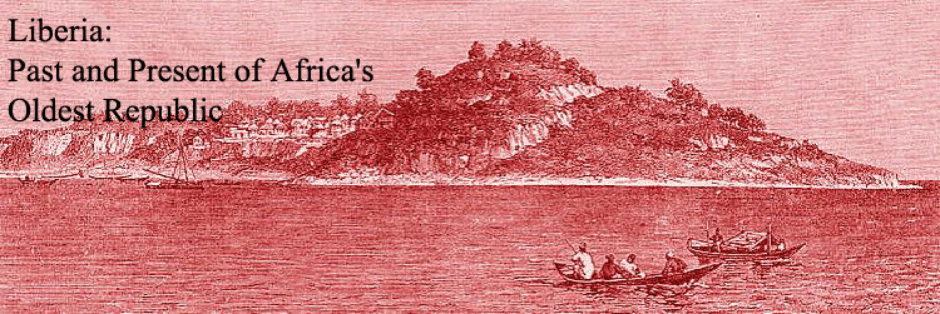The Hague – The Netherlands, April 26 2012:
Five years after the beginning of the ‘Taylor trial’ and after having heard nearly 100 witnesses, the judges of the Special Court for Sierra Leone announced their historic decision: the former Liberian president is found guilty of aiding and abetting war crimes.
The warlord-turned-president is found guilty of 11 counts of war crimes and crimes against humanity for arming Sierra Leone rebels in exchange for ‘blood diamonds’ smuggled across the Sierra Leonean / Liberian border. According to the judges, Taylor played a crucial role in allowing the rebels to continue a bloody rampage in Sierra Leone during that West African nation’s 11-year civil war, which ended in 2002 with more than 50,000 dead.
Charles Taylor, once the most wanted man in West Africa, hears the verdict, apparently without emotion, but insiders know from the subtile movements of his hands and the way he looks behind his golden-rimmed shaded glasses that he realizes he is going to spend a yet unknown number of years in an English prison. The Dutch government had agreed that his trial would take place in The Hague, for this occasion seat of the Special Court for Sierra Leone – the official seat, the country’s capital Freetown, was not considered safe enough – on condition that if convicted another country would be willing to accept the convicted war criminal. The UK government had responded positively to the Dutch wishes.
The verdict is historic: it is the the first time since 1945 – the Nuremberg Trials – that a head of state is convicted. Ironically – Liberia continues to make history. The country is not only the first and oldest African Republic, created in 1847. Also, its President, Ellen Johnson Sirleaf is the first democratically elected female African president. Moreover, in 2011 she was awarded the Nobel Peace Prize, another historic achievement. And now Taylor’s conviction, although a less noble accomplishment.
The conviction of former President Charles Taylor, once a warlord, then president, now a preacher, represents a victory of justice even though the victims’ grief and sorrow can never be compensated by his languishing in jail. The Special Court has scheduled a sentencing hearing for May 16 and the sentencing judgement will be delivered on May 30 next. Under the Special Court Rules, sentences must be given in a specified term of years. The Court may not impose a life sentence or the death penalty.
By the way, the Taylor Trial cost about US$ 250 million….
No end to impunity
The conviction of warlord-turned-president Charles Taylor does not mean an end to impunity in Africa. Taylor stood trial for crimes committed in Sierra Leone, not for his role in the Liberian civil wars (1989-1996; 1998-2003). In 2009, the Liberian Truth and Reconciliation Committee (TRC) in its final report recommended that all Liberian warlords be prosecuted: Charles Taylor, Prince Johnson, Roosevelt Johnson, Alhaji Kromah, George Boley, Thomas Nimley, Sekou Konneh and François Massaquoi. The report was shelved. Liberian warlords walk free in Liberia.
Former heads of state Mengistu of Ethiopia and Habré of Chad are internationally wanted for their crimes yet manage to escape from justice for more than twenty years: Haile Mariam Mengistu lives comfortably in Maguba’s Zimbabwe, and Hissein Habré in one of Africa’s most stable democracies, Senegal. Incumbent President Omar Al-Bashir of Sudan is indicted by the International Criminal Court for war crimes but still at large and enjoying his freedom. And some heads of state, like Burkinabe president Blaise Compoare, are not even indicted for the blood on their hands.
Also criminal warlords Joseph Kony and Bosco Ntaganda are fugitives but not yet arrested. The accusations against them are well known: war crimes, abductions, enlisting child soldiers a.s.o
And what about the impunity of corrupt African leaders like Teodoro Obiang Nguema, president of Equatorial Guinea, and his son Teodorine? Their compulsive kleptomania is almost beyond belief.
Concluding, the verdict in the Charles Taylor case certainly represents a landmark in international justice. However, though an important battle was won, not the war against impunity in Africa. Let’s face it.
